The 21st century has brought both new opportunities and challenges to the agricultural sector. One company, ICL Group, in particular, stands out for its innovative products and its commitment to sustainable practices. ICL Group, a global specialty minerals company and a world-leading fertilizer manufacturer, is championing the change towards sustainable and organic farming.
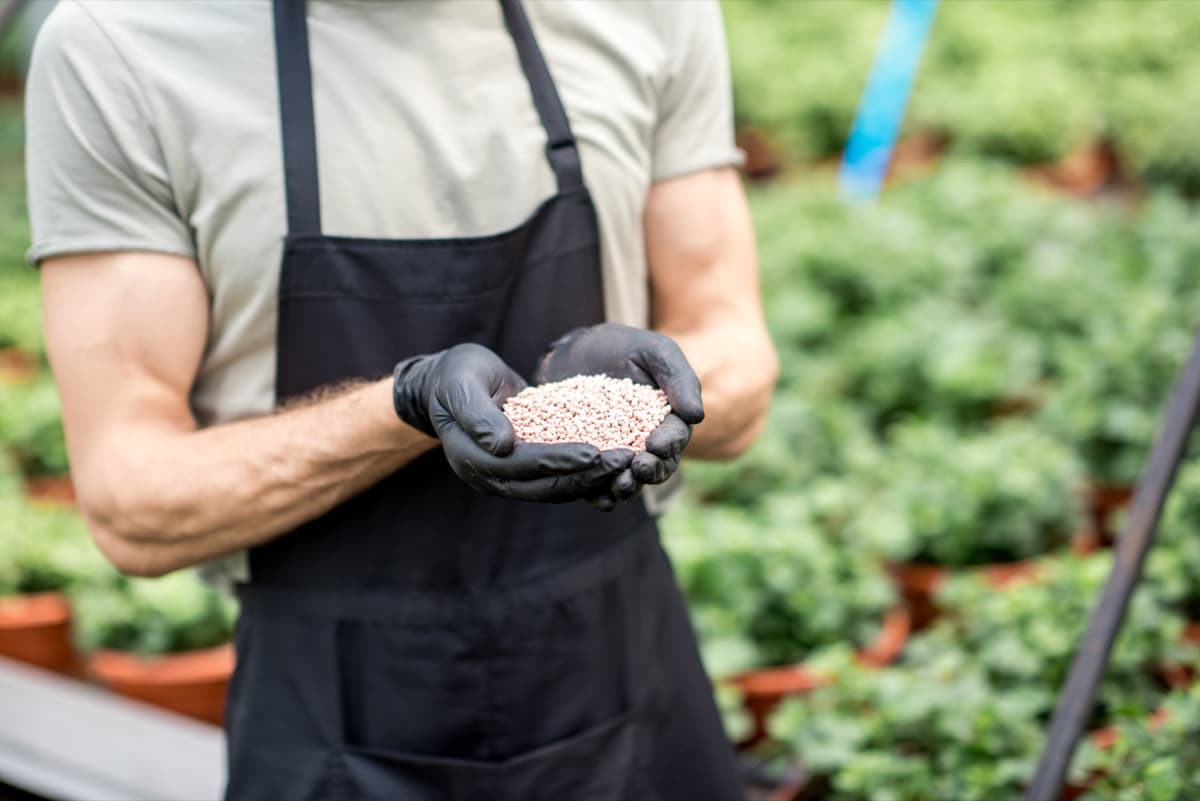
Imagine a product so natural and organic, that it begins as a rock deep beneath the North Sea and ends up nutrifying the food you consume. Welcome to the fascinating journey of Polysulphate®, a testament to nature’s profound ability to sustain life.
Polyhalite Fertilizers and their Role in Organic Farming
Fertilizers: A Glimpse Through Time
Over 8,000 years ago, our ancestors stumbled upon an incredible secret: Plants near animal dung seemed more vibrant. This discovery laid the foundation for fertilizers. Ancient civilizations harnessed manure, wood ash, guano, and even ground bone meal, continually evolving their agricultural strategies. Fast forward to the Industrial Revolution: As the world’s population boomed, there was a need for enhanced farming technologies.
In case you missed it: Benefits of DAP Fertilizer: Price, Composition, How and When to Apply
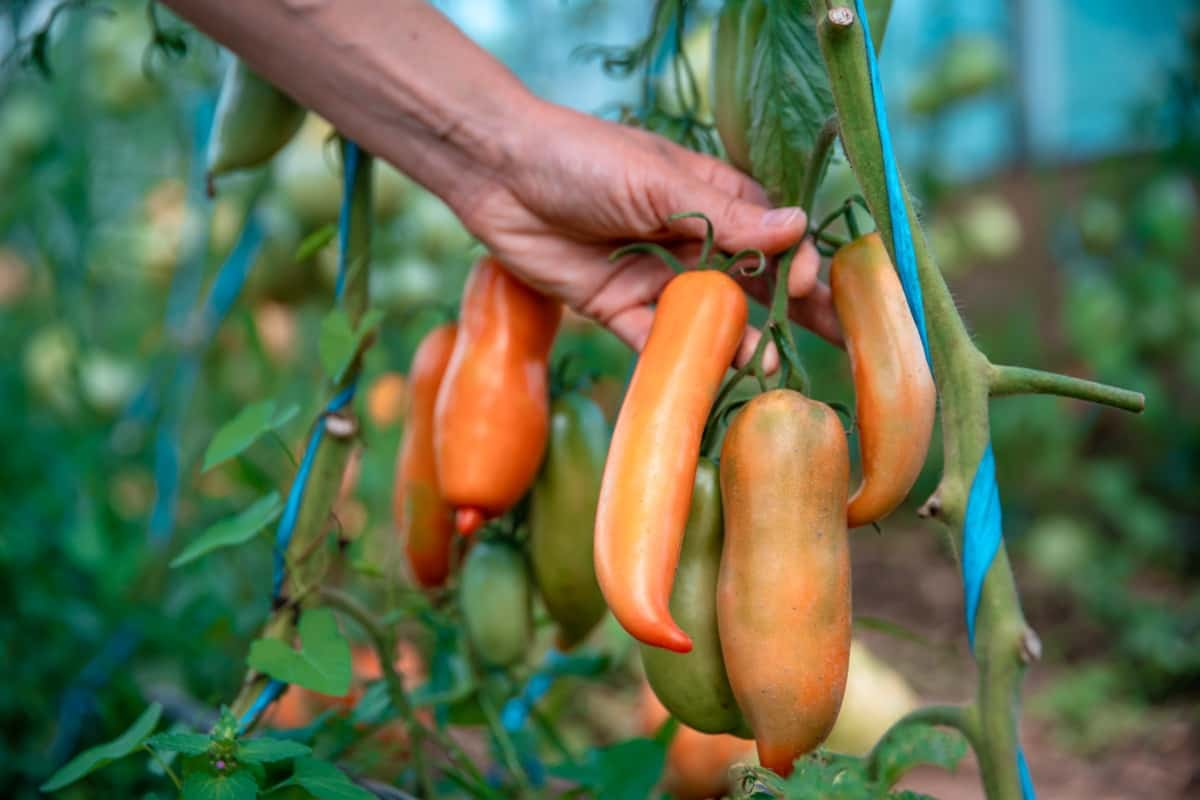
This era catalyzed the birth of fertilizers. By the 20th century, nitrogen-based fertilizers reigned supreme, leading to what was called the Green Revolution. But times are changing. Today there’s a clear pivot toward sustainable agriculture. The emphasis? Agricultural solutions that are eco-friendly, and economically viable, with only a tiny carbon footprint. Enter natural fertilizers like Polysulphate®.
From Ocean Depths to Harvest Heights
Buried over a kilometer beneath the North Sea, estimated to be over 260 million years old is a primordial treasure, the Polyhalite rock bed. From this comes Polysulphate®, nature’s answer to modern farming needs. So, what makes Polysulphate® special? In each crystal lies a quartet of essential nutrients:
- Sulfur
- Potassium
- Magnesium
- Calcium
Its extraction respects the environment. Once mined, there’s no need for chemical refinements. It’s simply screened and crushed to an optimal granulation. This ensures that the end product remains as pure as it began, making Polysulphate® the lowest carbon footprint fertilizer in the market.
Gold for Crops
This organic gem is more than just nutrient-rich. Polysulphate® granules release their goodness continually. Picture it as an all-natural, time-release capsule, ensuring plants receive steady nourishment throughout their growth cycle. It can be used as a stand-alone nutrient or in combination with other fertilizers. Regardless the results show higher yields and better crop quality.
In case you missed it: DIY Homemade Soil Fertilizers and Flower Boost Recipes for the Home Garden
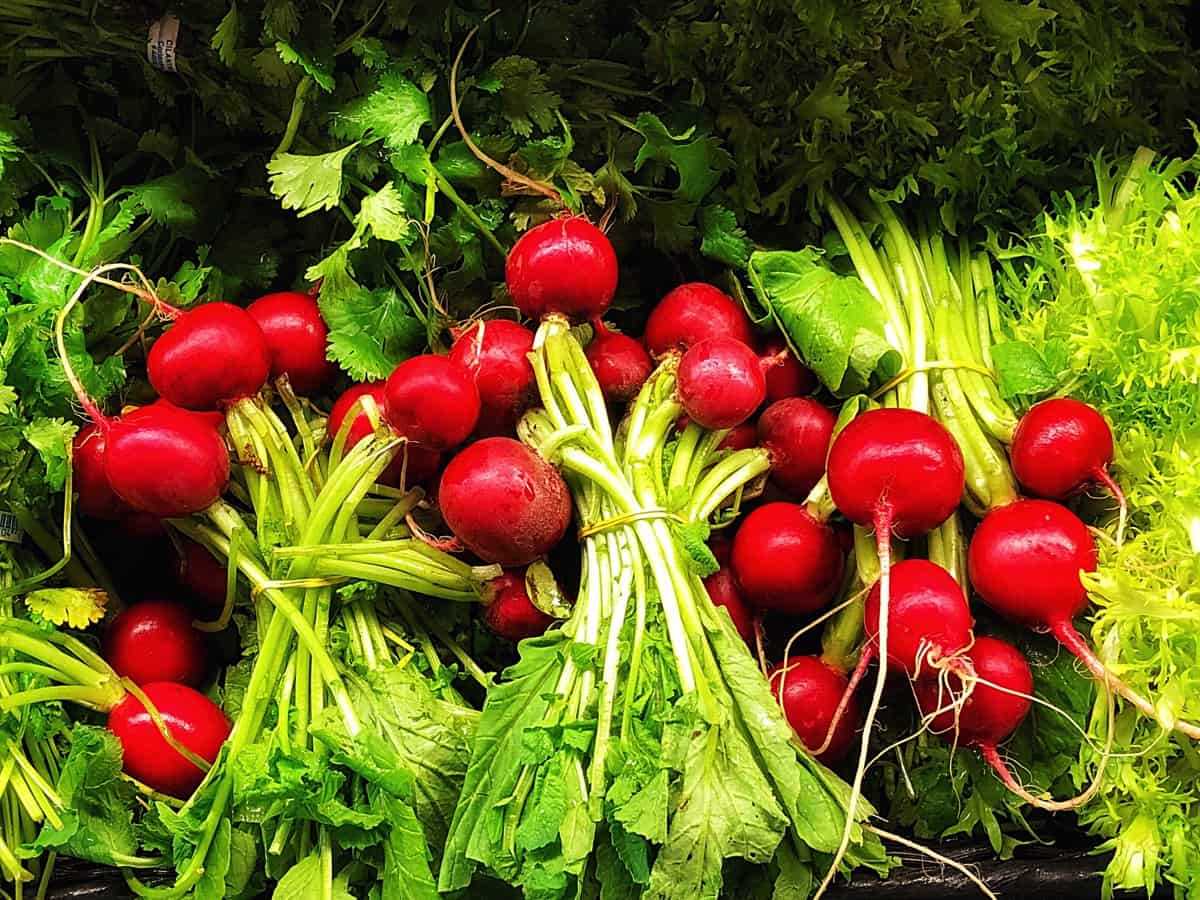
Global trials, spanning a plethora of crops, attest to Polysulphate®’s prowess. Whether it’s coffee plantations in Brazil, tomato farms in Italy, or grapevines in France, the increase in yield is undeniable. Polysulphate® is certified for use in organic farming across continents—from the UK to the USA, from Hungary to Japan—it’s the epitome of nature’s best.
A Green Footprint in Farming: Polysulphate’s Role
Besides supercharging crops, Polysulphate® champions another vital cause: carbon footprint reduction. How?
- It’s 100% natural.
- It undergoes minimal processing.
- Its distribution is efficient and close to the source.
Lowering Agriculture’s Carbon Footprint
The agricultural sector often finds itself under scrutiny for its carbon emissions. So, when a solution like Polysulphate® comes along, addressing both agricultural needs and environmental concerns, it deserves a closer look.
Natural Extraction, Lower Emissions
Polysulphate’s production is remarkably eco-friendly. Since it’s mined directly without extensive refinement or chemical processing, its production emits fewer greenhouse gases, consequently, the lower the carbon output.
In case you missed it: Banana Fertilizer Requirements and Recommendations: Schedule and Application Methods
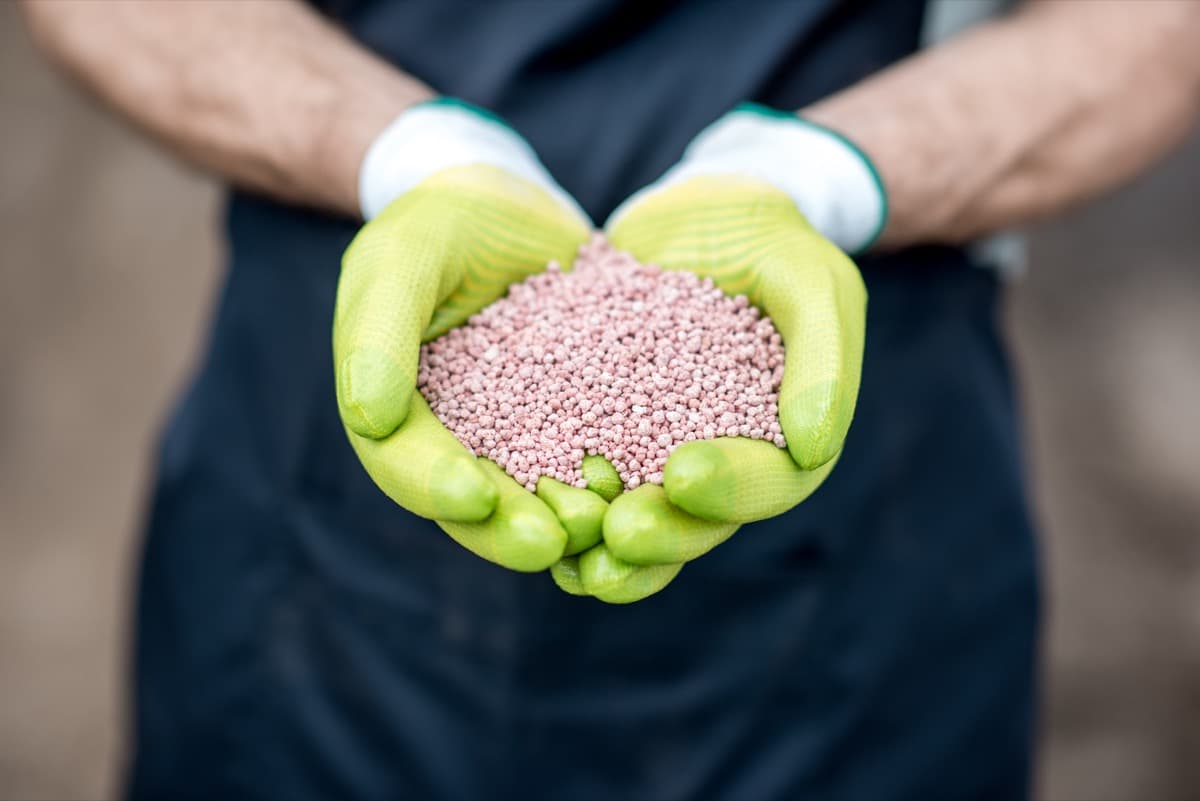
Efficient Transportation
Polysulphate’s primary source beneath the North Sea offers a strategic advantage. Given its proximity to major European markets, transportation distances are shortened, thereby reducing associated carbon emissions from shipping and freight.
Multi-nutrient Composition Reduces Multiple Applications
To get the desired nutrient balance, farmers might have to apply several types of fertilizers. Each application involves production, transportation, and application energy costs. But with Polysulphate®’s four-in-one nutrient blend, one application often suffices. This consolidation significantly reduces the carbon footprint associated with multiple fertilizer productions.
Boosting Soil Health
Healthy soils play a vital role in carbon sequestration, acting as a buffer against climate change. By enhancing soil health and structure, Polysulphate® indirectly contributes to the soil’s ability to lock away more carbon. Over time, this can substantially decrease the amount of CO2 released into the atmosphere. In the bigger picture, integrating Polysulphate® into farming practices aligns with the global movement towards sustainable agriculture.
In case you missed it: How to Balance Soil pH in Agriculture: Increase, Decrease, Control Tips, and Techniques
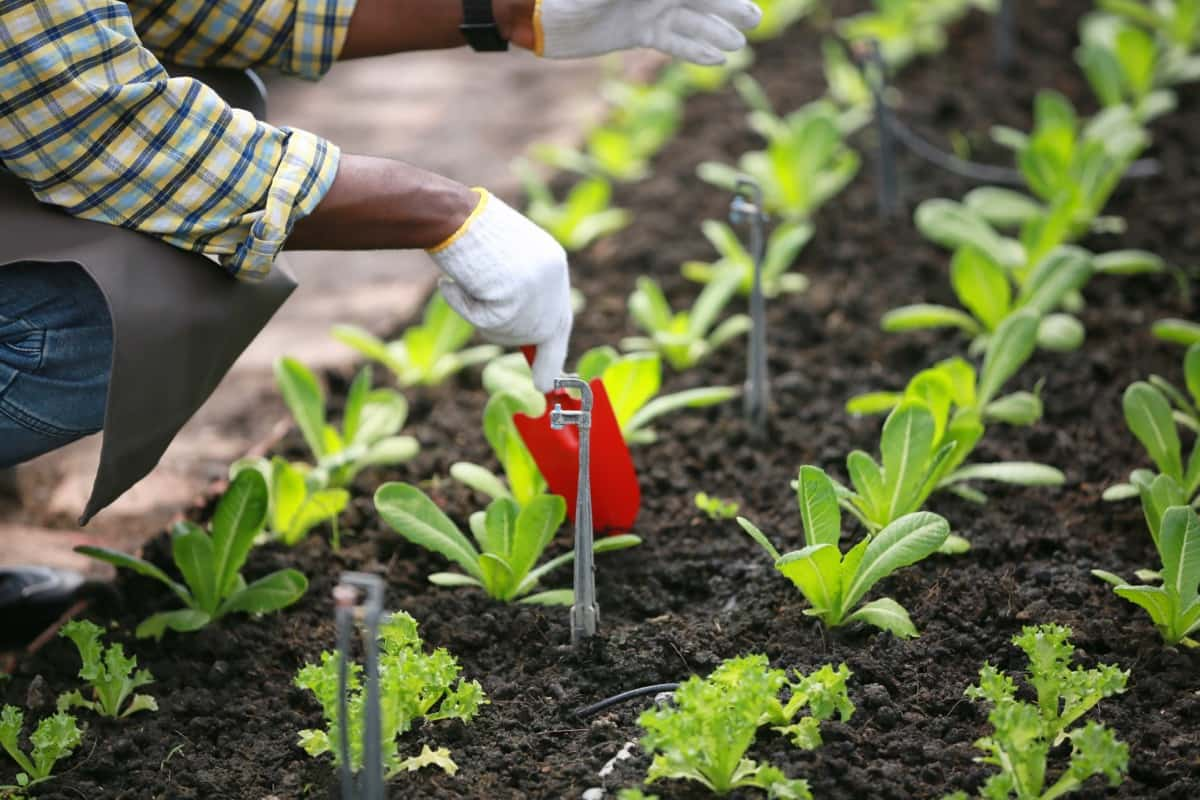
By choosing this naturally occurring, low-carbon footprint fertilizer, farmers aren’t just nourishing their crops; they’re making a proactive choice for the planet. For both organic and conventional farmers, Polysulphate® is emerging as the go-to nutrient source. Its multifaceted benefits coupled with its environmental friendliness make it an undeniable favorite.
A Vision for a Greener Tomorrow
ICL Group, the torchbearer of Polysulphate®, through relentless research, has seen Polysulphate’s transformative power. , From major agricultural hubs to quaint local farms, the feedback is unanimous: Polysulphate® is the future. ICL’s commitment doesn’t stop at production.
Their focus on efficient shipping, transportation, and carbon gas emission reduction is commendable. As the only manufacturer of Polysulphate®, ICL Group bears a global responsibility and is leading toward sustainable agriculture and a hunger-free world. In essence, every granule isn’t just a nutrient; it’s a promise—a promise of healthier crops, a greener earth, and a brighter future.
- Types of Pesticides Used in Agriculture: A Beginner’s Guide
- Economical Aquaculture: A Guide to Low-Budget Fish Farming
- 15 Common Planting Errors That Can Doom Your Fruit Trees
- How to Make Houseplants Bushy: Effective Tips and Ideas
- Innovative Strategies for Boosting Coconut Pollination and Yield
- Pollination Strategies for Maximum Pumpkin Yield
- The Complete Guide to Chicken Fattening: Strategies for Maximum Growth
- Natural Solutions for Tulip Problems: 100% Effective Remedies for Leaf and Bulb-Related Issues
- Revolutionizing Citrus Preservation: Towards a Healthier, Greener Future
- Natural Solutions for Peony Leaf and Flower Problems: 100% Effective Remedies
- Maximizing Profits with Avocado Contract Farming in India: A Comprehensive Guide
- Natural Solutions for Hydrangea Problems: 100% Effective Remedies for Leaf and Flowers
- The Ultimate Guide to Choosing the Perfect Foliage Friend: Bringing Life Indoors
- From Sunlight to Sustainability: 15 Ways to Use Solar Technology in Agriculture
- The Ultimate Guide to Dong Tao Chicken: Exploring from History to Raising
- The Eco-Friendly Makeover: How to Convert Your Unused Swimming Pool into a Fish Pond
- Mastering the Art of Delaware Chicken Farming: Essentials for Healthy Backyard Flocks
- 20 Best Homemade Fertilizers for Money Plant: DIY Recipes and Application Methods
- How to Craft a Comprehensive Free-Range Chicken Farming Business Plan
- Brighten Your Flock: Raising Easter Egger Chickens for Beauty and Bounty
- How to Optimize Your Poultry Egg Farm Business Plan with These Strategies
- Subsidy for Spirulina Cultivation: How Indian Government Schemes Encouraging Spirulina Farmers
- Ultimate Guide to Raising Dominique Chickens: Breeding, Feeding, Egg-Production, and Care
- Mastering the Art of Raising Jersey Giant Chickens: Care, Feeding, and More
- Ultimate Guide to Raising Legbar Chickens: Breeding, Farming Practices, Diet, Egg-Production
- How to Raise Welsummer Chickens: A Comprehensive Guide for Beginners
- How to Protect Indoor Plants in Winter: A Comprehensive Guide
- Ultimate Guide to Grow Bag Gardening: Tips, Tricks, and Planting Ideas for Urban Gardeners
- Guide to Lotus Cultivation: How to Propagate, Plant, Grow, Care, Cost, and Profit
- Agriculture Drone Subsidy Scheme: Government Kisan Subsidy, License, and How to Apply Online
- Ultimate Guide to Raising Araucana Chickens: Breed Profile, Farming Economics, Diet, and Care
- Bringing Hydroponics to Classroom: Importance, Benefits of Learning for School Students
- Ultimate Guide to Raising Polish Chickens: Breed Profile, Farming Economics, Diet, and Care
- Ultimate Guide to Raising Australorp Chickens: Profile, Farming Economics, Egg Production, Diet, and Care
- Silkie Chicken Farming: Raising Practices, Varieties, Egg Production, Diet, and Care
- Sussex Chicken Farming: Raising Practices, Varieties, Egg Production, Diet and Care
We are interested to organic fertilizer manfacturing unit domestic place,how much space required and what equipments need to buy and the formulation etc.,
excellant